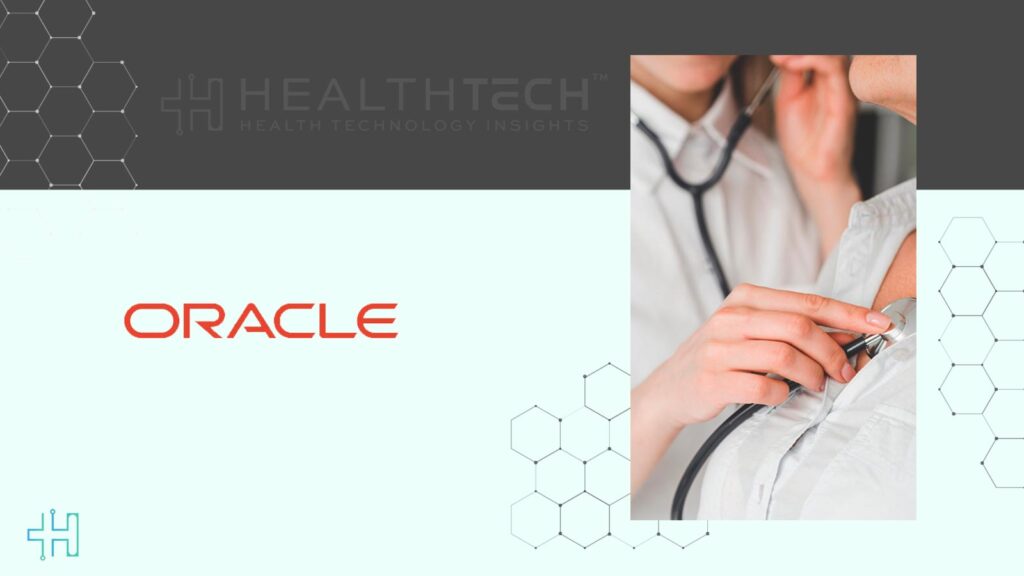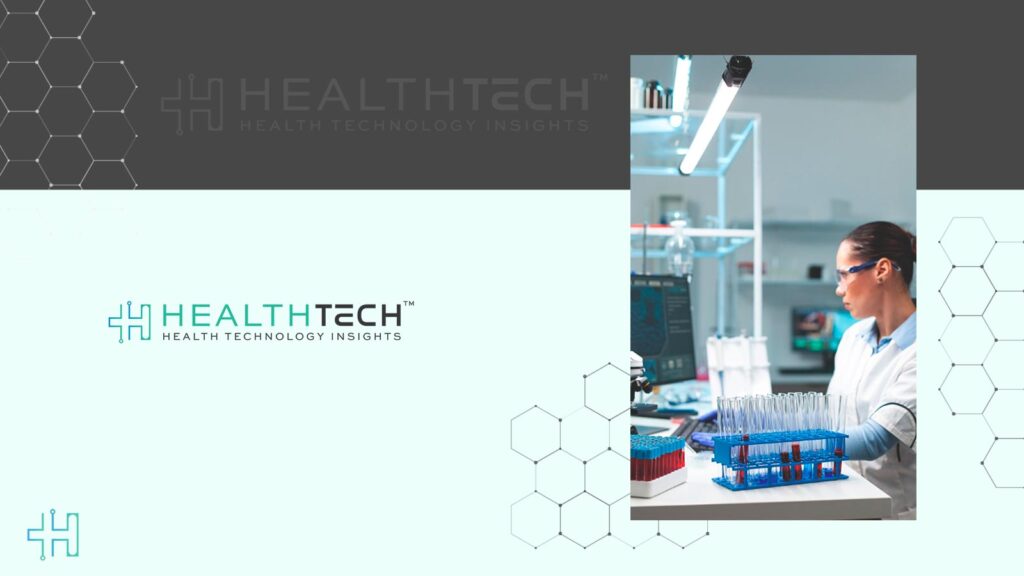University Maternity Hospital Limerick (UMHL) has started using Ireland’s Health Service Executive’s Maternal and Newborn Clinical Management System, an electronic health record system supported by Oracle Health. Previously, patients had to manage their own paper records, carrying them between doctors and hospitals. This often led to lost or delayed information, which could impact care. The new digital system replaces these outdated methods and gives healthcare staff fast, accurate access to patient data. It helps streamline recordkeeping and improves care across pregnancy, labor, postpartum, newborn, and women’s health services.
Health Technology Insights: HIMSS And WHX Tech To Advance Digital Health Transformation In The Middle East
The system has also been adopted by the Ambulatory Gynaecology Unit at Nenagh Hospital, a major center for women’s health and fertility in the Midwest of Ireland. By joining UMHL in using the MN-CMS system, these facilities become part of a growing network that now supports health records for more than half of all births in the country. This level of connectivity allows medical teams to detect potential health risks earlier and share insights across locations, creating a stronger, more unified approach to patient care.
“Working with Oracle Health to create and use the Maternal and Newborn Clinical Management System is a big step forward for Irish healthcare,” said Dr. Michael Robson, the national clinical director of MN-CMS. “Together, we’re making maternity services more community-focused and more efficient, which means better care and safer treatment for patients.” The partnership allows hospitals like UMHL to connect directly with other sites, ensuring consistent care no matter where a patient is treated.
Health Technology Insights: Altapointe Health Expands Children’s Outpatient Services With New Mobile County Location
UMHL is a teaching hospital focused on childbirth, and Nenagh’s Ambulatory Gynaecology Unit offers expert care for menopause, fertility, and other women’s health needs. Together, they promote collaborative care while also supporting medical education. With the Oracle-powered MN-CMS, staff can now share records seamlessly, use advanced tools for diagnosing and coding, receive alerts for high-risk conditions, and analyze real-time data to improve patient outcomes and clinical decision-making.
“Few moments are as exciting or scary as giving birth,” said Seema Verma, executive vice president and general manager of Oracle Health and Life Sciences. “No expecting mother should have to remember to bring her medical records with her to the hospital during such a time. That’s not safe or practical. By working with HSE to build a universal electronic health record system that all care teams can access, we’re helping hospitals like UMHL cut down on paperwork, give clinicians the right information, and improve the safety and quality of care for women and babies.” Hospitals using the system have reported that neonatology nurses are saving around 76 minutes per shift, which can now be redirected to direct patient care. As part of Ireland’s Digital for Care 2030 strategy, the goal is to implement this system across all 19 maternity hospitals and affiliated clinics within the next five years.
Health Technology Insights: Revolutionizing Patient Care Through Advanced Brain Monitoring and Generative AI
To participate in our interviews, please write to our HealthTech Media Room at sudipto@intentamplify.com




